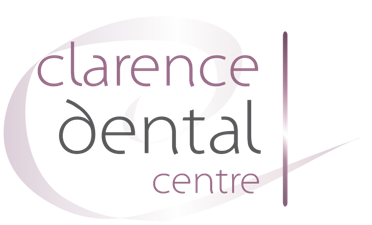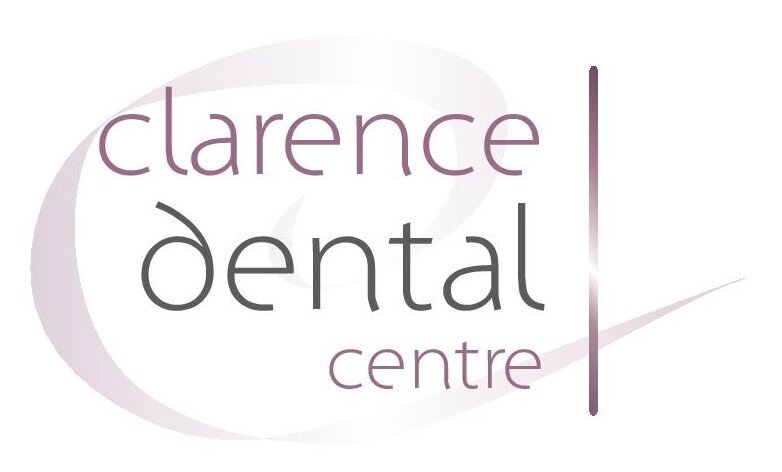Bruxism - on the rise?
Clinically, we have seen an increasing number of patients presenting with evidence of habitual bruxing. So what is it and is there anything you can do about it?
Bruxism is a common condition in which an individual grinds or clenches their teeth habitually, often without being aware of it. This habit usually occurs during sleep, but it can also happen during waking hours. Bruxism can lead to various dental problems, including tooth wear and damage, jaw pain and headaches.
Causes of Bruxism
The exact cause of bruxism is not fully understood, but it is believed to be a combination of physical, psychological, and genetic factors. Some of the most common causes include:
Stress and anxiety: High levels of stress and anxiety can lead to bruxism as a way of coping with tension and stress.
Sleep Disorders: Sleep disorders such as sleep apnoea can lead to bruxism.
Substance Use: Alcohol and caffeine consumption can increase the likelihood of bruxism.
Medications: Certain medications can cause bruxism as a side effect.
Symptoms of Bruxism
The symptoms of bruxism can vary depending on the severity of the condition. Some common symptoms include:
Tooth pain and sensitivity: Bruxism can lead to tooth pain and sensitivity due to the grinding and clenching of the teeth.
Tooth wear and damage: The constant grinding and clenching of the teeth can wear down the enamel and cause teeth to crack.
Jaw pain and headaches: Bruxism can cause pain in the jaw and headaches, especially noticed in the morning after waking.
Damaged dental restorations: Bruxism can cause damage to dental restorations such as fillings and crowns.
Diagnosis and Treatment of Bruxism
Bruxism is usually diagnosed through a dental exam, which can detect signs of tooth wear, jaw joint and muscle pain, and headaches. In some cases, a dentist may refer a patient to a sleep specialist for a sleep study to determine if there is a sleep disorder causing the bruxism.
Treatment for bruxism depends on the severity of the condition and the underlying cause. Some common treatments include:
Stress Management: Reducing stress and anxiety through therapy, exercise, or other stress-management techniques can help reduce the likelihood of bruxism.
Dental Devices: Custom-made dental devices such as splints or mouthguards can be used to prevent damage to the teeth caused by grinding and clenching of the teeth.
Medications: In some cases, medication can be prescribed to help reduce the severity of bruxism.
Therapy with a physiotherapist who specialises in treatment of the head and neck may be indicated.
Bruxism is a common condition that can lead to various dental problems and discomfort. If you suspect that you may have a problem with bruxing, it is important to seek the advice of a dental professional. With proper treatment, it is possible to reduce the impact of bruxism and prevent further damage to your teeth and jaw.


